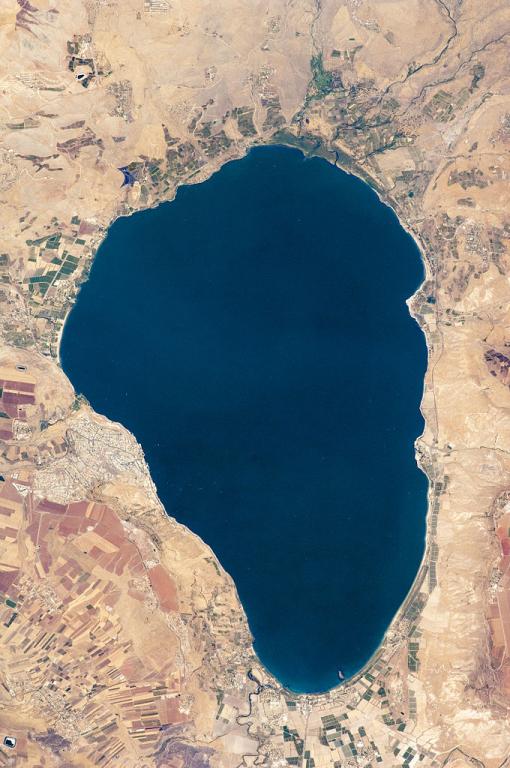
Wikimedia Commons public domain photo
A few more notes:
On 14 May 1948, David Ben Gurion (after whom Israel’s national airport is now named) proclaimed the independence of a new state of Israel. (It is said that he had not decided whether to call the new country “Israel” or “Zion” until scarcely minutes before he stood up to make his official announcement.) The five Arab states that attacked the new country the next day suffered a humiliating defeat. Indeed, Israel managed not only to defend its territory, but actually seized control of about half of the land that the United Nations had designated for the proposed Palestinian state. That state, of course, never came to be. The portions of its designated territory that had not fallen under Jewish control were divided up between Egypt and Jordan. Egypt took over the Gaza Strip. Jordan seized East Jerusalem and the West Bank of the Jordan River. This changed the character of Jordan in a fundamental way. The Palestinians of the West Bank, along with the Palestinians who fled from other areas of Palestine that were absorbed into Israel, became subjects first of King Abdullah and then, after his assassination in 1951, of King Hussein, along with the native Bedouins and Jordanians who were already there. King Hussein’s son now rules Jordan as King Abdullah.
Once again, and not for the last time, the Palestinians emerged as losers. The weak Palestinian nationalism that had been simmering seemed to have lost its chance forever. There was no Palestine any more. Palestinians became refugees among the Egyptians, Jordanians, Lebanese, or Syrians and faced the choice either of assimilation, absorption, or of everlasting confinement to squalid refugee camps. Their situation now was not unlike that which had confronted the Jews themselves, long before. It was the Palestinian diaspora. In Israel, the Palestinians became “Israeli Arabs.” Though they still yearned for a state of their own, it seemed that the moment of Palestinian nationalism had passed.
On the other hand, the astonishing victory of heroic little Israel, scarcely a few hours old, outnumbered and poorly armed, helped to create a legend of Israel in the West. Clearly, though, the victory was not merely a triumph for Israel; it also could be attributed to revealed corruption and disunity among the five attacking Arab states (a situation which, as pointed out before, still afflicts the Arabs in their dealings with Israel and with one another). Rebellions broke out among the junior officers and common soldiers in several Arab states. As they saw it, they had been betrayed by their generals and politicians, sent out without adequate equipment or ammunition, misled, and abandoned. (Among the officers who began to plot revolt were two Egyptian colonels, Gamal Abdel Nasser and Anwar Sadat.)
Posted from Tiberias, Israel










